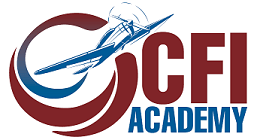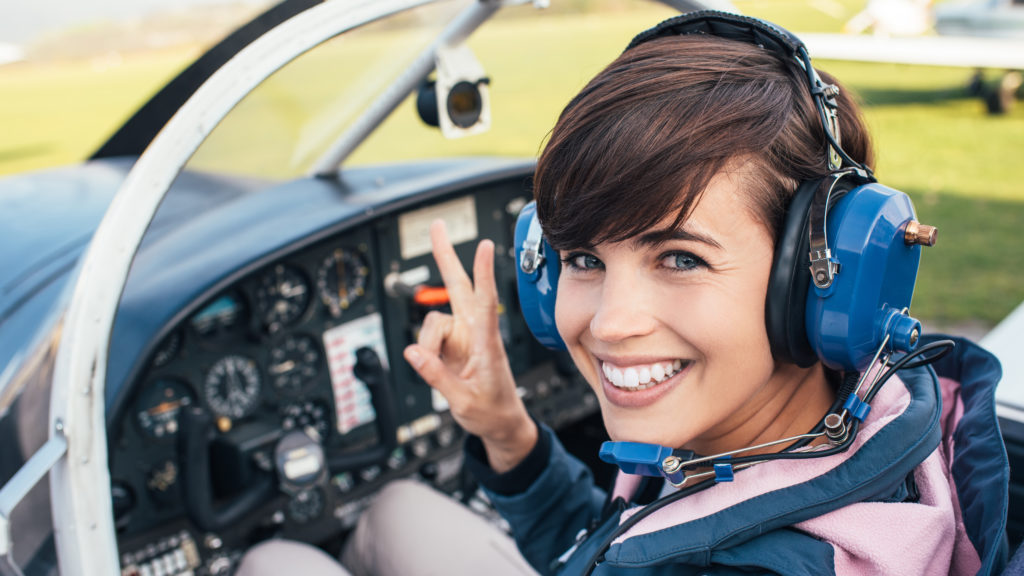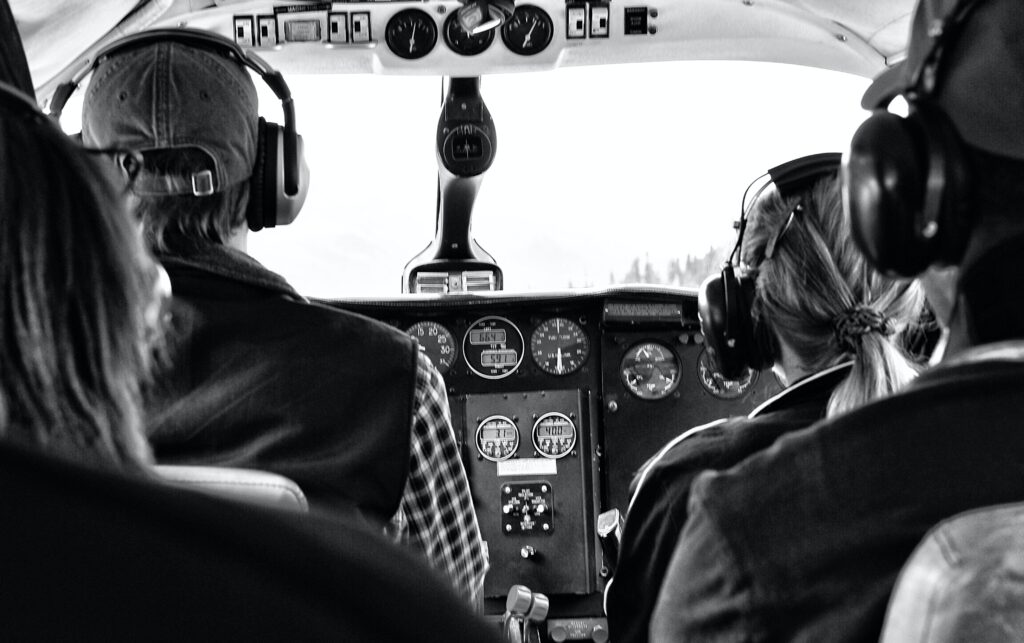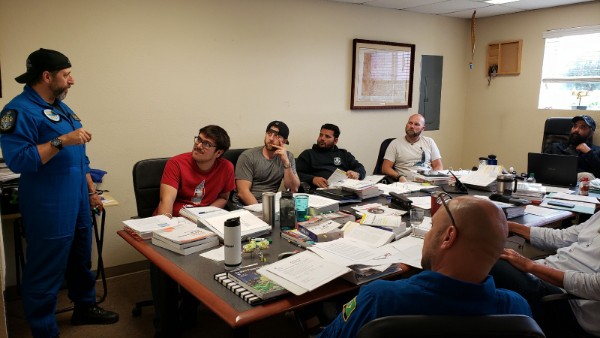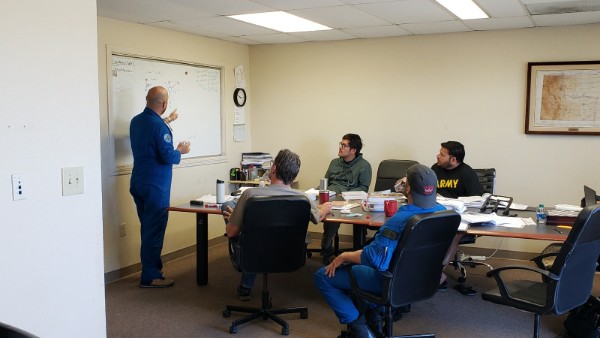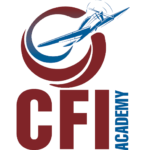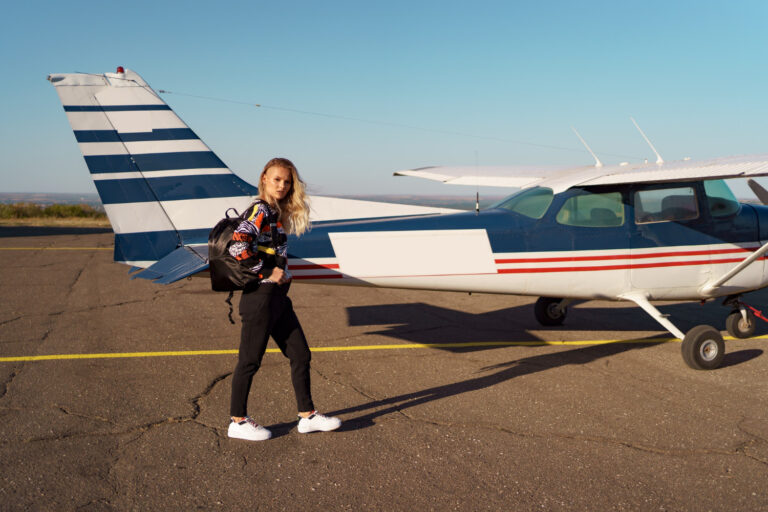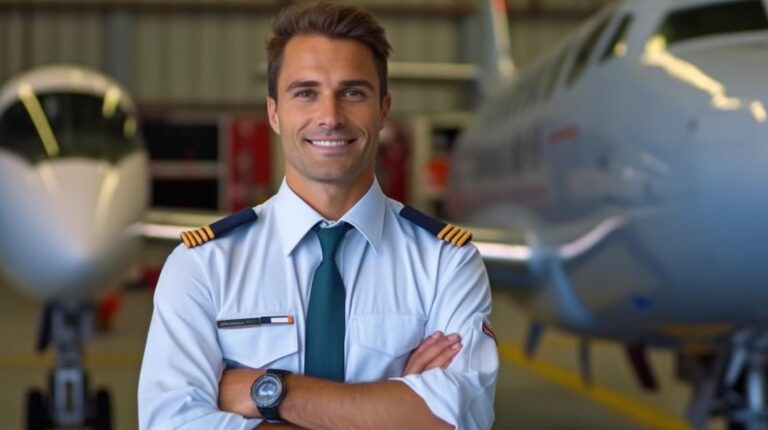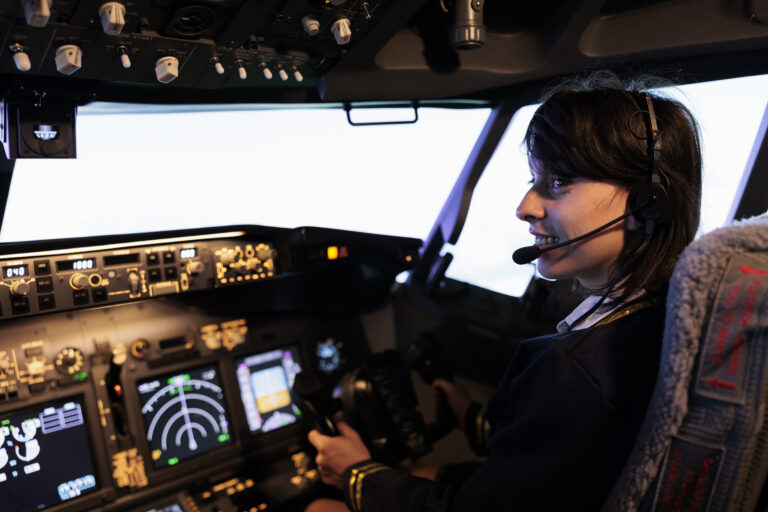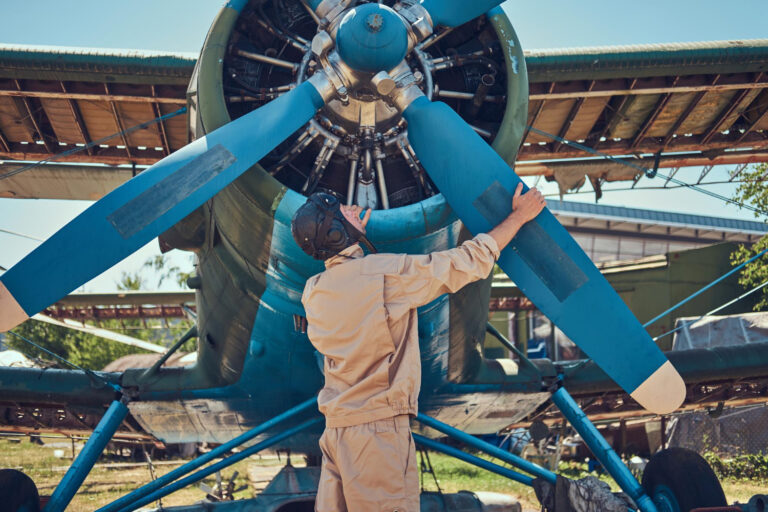Emphasize Communication and Rapport:
One of the fundamental aspects of effective flight instruction is establishing strong communication and rapport between the instructor and the student pilot. Lodi’s CFI Academy recognizes the importance of creating an open and supportive learning environment, where students feel comfortable asking questions and seeking clarification. Instructors should actively listen to their students, adapt their teaching style to individual needs, and provide constructive feedback to foster continuous improvement.
Utilize Scenario-Based Training:
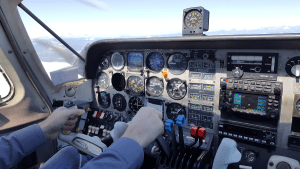
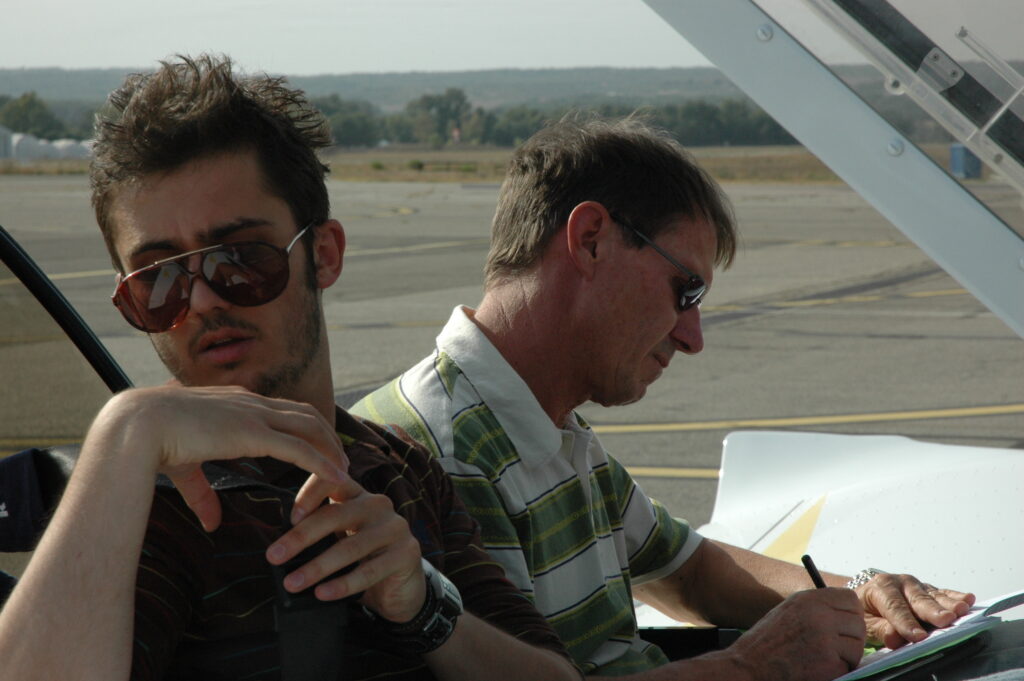
Scenario-based training is a powerful technique employed by Lodi’s CFI Academy to enhance critical decision-making skills in real-world flight situations. Rather than solely relying on textbook knowledge, students are exposed to realistic scenarios that require them to apply their skills and knowledge to make informed choices. By incorporating scenario-based training, flight instructors can cultivate pilots who are better equipped to handle unexpected challenges and make sound judgments.
Incorporate Technological Advancements:
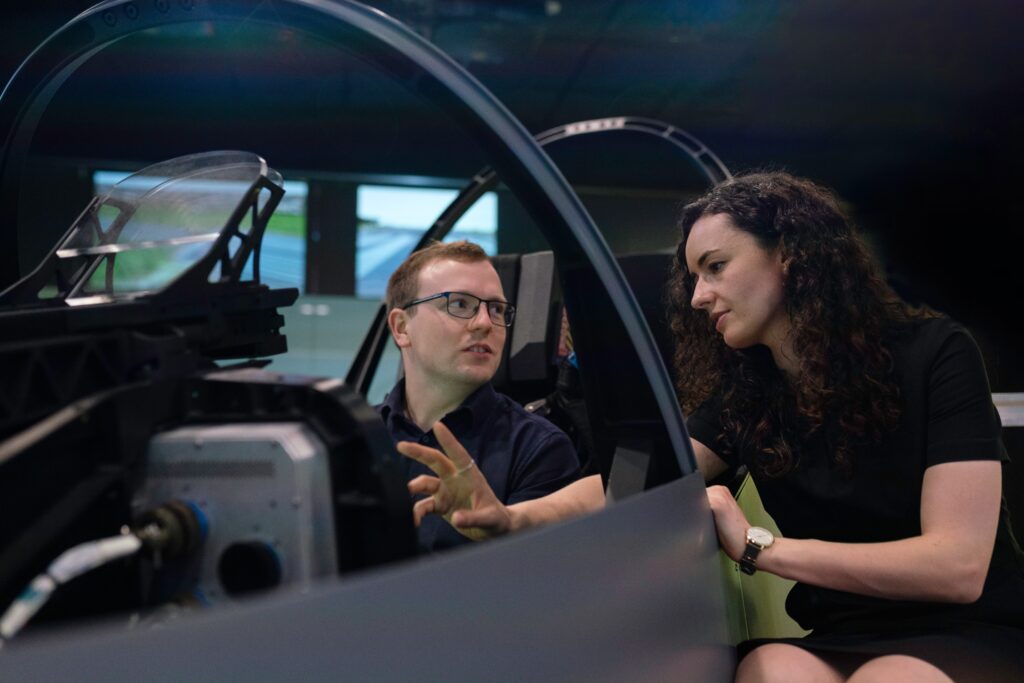
Aviation technology continues to advance at a rapid pace, transforming the way pilots navigate the skies. Lodi’s CFI Academy stays at the forefront of these advancements by integrating modern technologies into flight instruction. Flight simulators, virtual reality, and interactive learning platforms are some tools used to enhance the training experience. By embracing technology, instructors can create immersive and interactive lessons that simulate real flight situations, enabling students to develop their skills in a safe and controlled environment.
Encourage Continuous Learning and Self-Reflection:
In the ever-changing aviation industry, learning doesn’t stop after earning a pilot’s license. Lodi’s CFI Academy emphasizes the importance of continuous learning and self-reflection for both instructors and students. Flight instructors should lead by example, staying updated with industry developments and seeking opportunities for professional development. Students should be encouraged to take an active role in their learning journey, engaging in self-assessment and seeking feedback from their instructors to identify areas for improvement.
Foster a Safety-Focused Mindset:
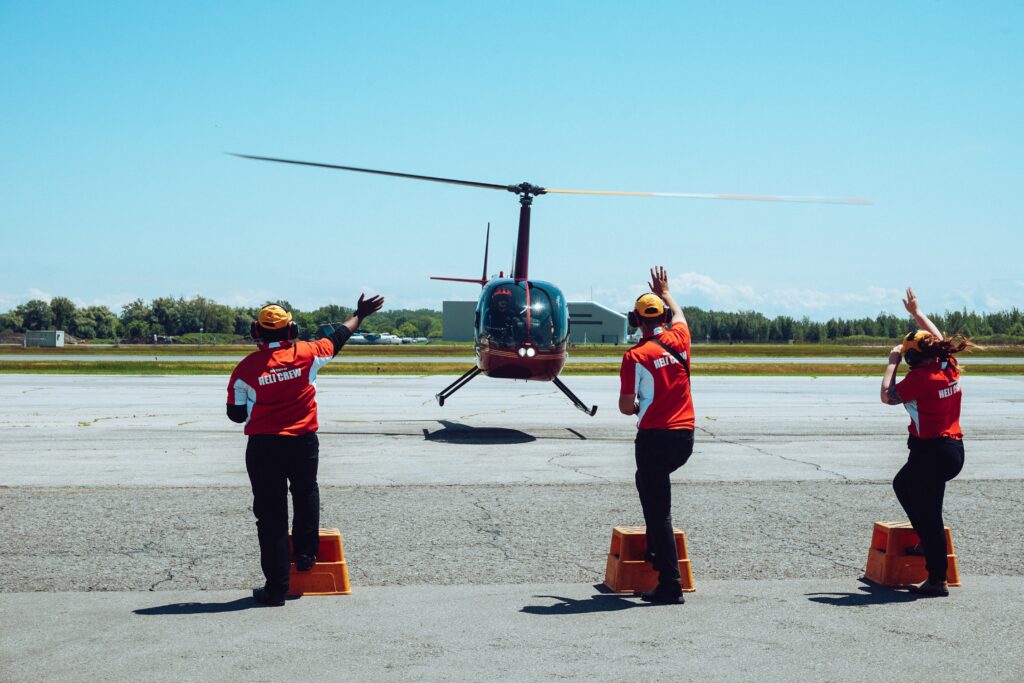
Flight instruction should always prioritize safety above all else. Lodi’s CFI Academy instills a safety-focused mindset in its students by integrating safety practices into every aspect of training. Instructors should emphasize the importance of pre-flight checks, risk assessment, and situational awareness. By creating a safety-conscious environment, flight instructors play a vital role in shaping responsible and competent pilots who prioritize the well-being of themselves and their passengers.
Conclusion:
Enhancing flight instruction techniques is essential to ensure the next generation of pilots is well-prepared for the challenges of the modern aviation industry. Lodi’s CFI Academy serves as an exemplary institution, showcasing best practices that can be implemented by flight instructors worldwide. By prioritizing communication, utilizing scenario-based training, embracing technology, encouraging continuous learning, and fostering a safety-focused mindset, flight instructors can provide students with a comprehensive and effective training experience that prepares them for success in their aviation careers.
